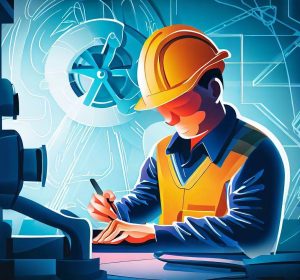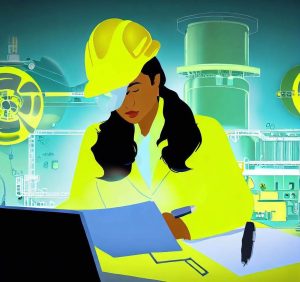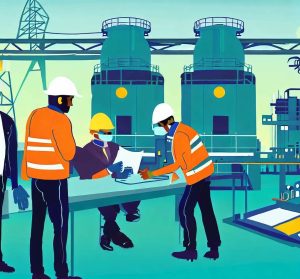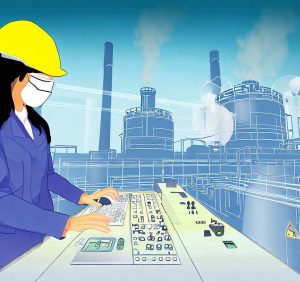Are you fueled by the desire for a rapidly evolving STEM career? Step up as a Nuclear Engineer. In this role, you directly address a wide range of nuclear challenges and specializations. You don’t just work as a Nuclear Engineer; you design and manage groundbreaking nuclear technologies and projects. From developing safer nuclear reactors to mastering cutting-edge nuclear processes, you create your distinct legacy. Embracing nuclear engineering means leading advancements in clean energy and ensuring safety and sustainability. If you’re excited by the potential of nuclear power and aim to revolutionize the energy landscape, nuclear engineering beckons you.
Check out our knowledgebase for more information. Are you looking for your dream job in STEM? Look here.






